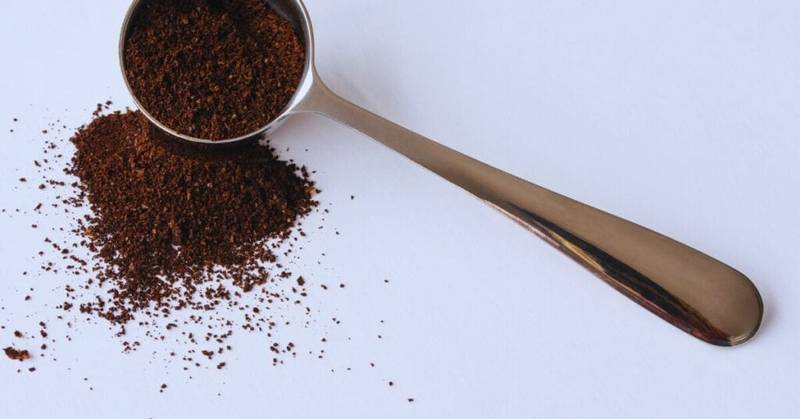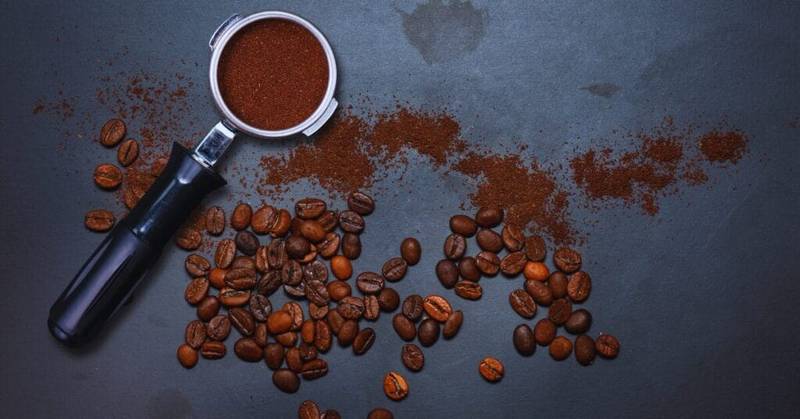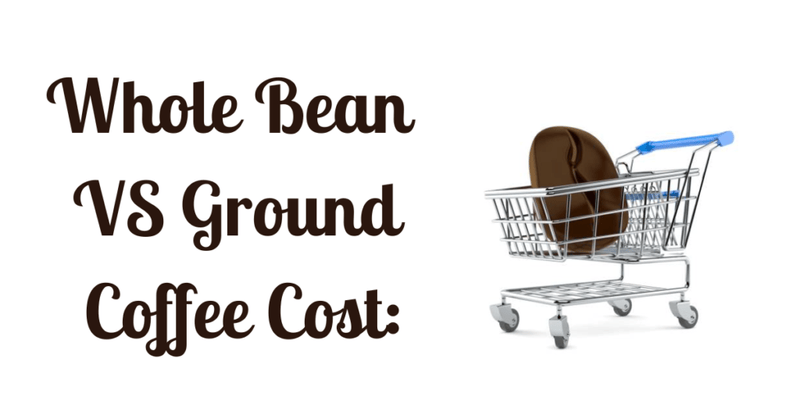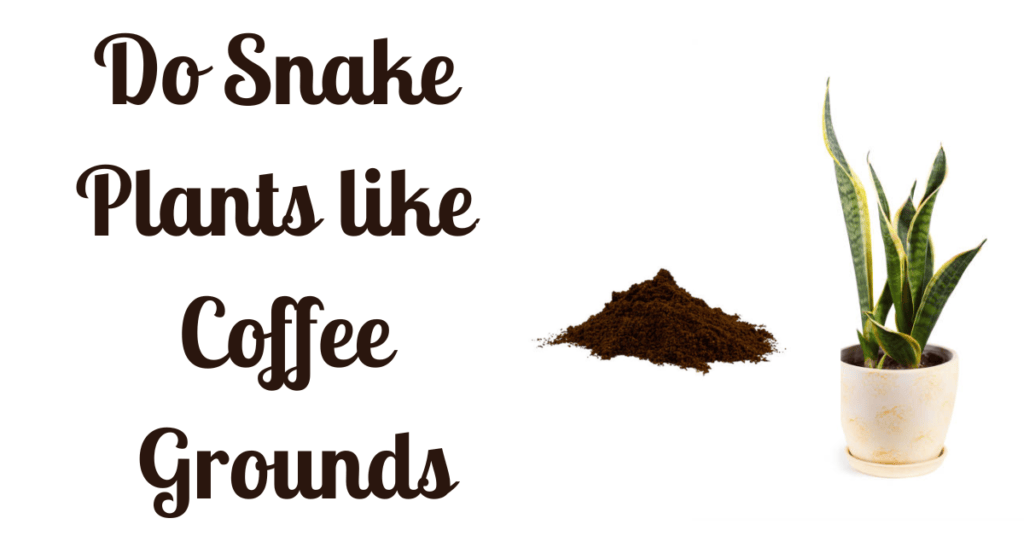Have you ever found yourself wondering about the consequences of consuming ground coffee?
The aroma of freshly ground beans is undoubtedly enticing, but what if curiosity gets the better of you, and you end up ingesting those finely powdered coffee grounds?
In this blog post, we’ll delve into the intriguing realm of “What Happens If You Eat Ground Coffee” and uncover the potential effects on your body.
Picture this scenario: you’re sipping your morning brew, and suddenly, your inquisitive side leads you to directly ponder the consequences of ingesting those coffee grounds.
As we explore this caffeinated curiosity, we’ll address the impact on your digestive system, potential health risks, and any surprising benefits that may arise.
Join us on this journey to demystify the repercussions of consuming ground coffee and discover whether that cup of java might hold any unexpected secrets.
And speaking of the unexpected, have you ever wondered about the effects of consuming 2-year-old coffee grounds? We’ll touch upon that, too—keep reading to find out more.
So, what happens if you eat ground coffee? Let’s uncover the answers together in this exploration of the coffee world.
As an affiliate site, we are associated with the amazon. We might receive a commission when you use links or recommendations on our website to make qualified purchases. The cost you pay for the goods or services is unaffected by this.
Table of Contents
What Happens If You Eat Ground Coffee || 10 Facts

Are you a coffee enthusiast who’s ever been tempted to explore the unknown by ingesting ground coffee?
While the idea may sound unusual, it’s not uncommon for curiosity to lead us into uncharted territory.
In this exploration, we’ll uncover 10 intriguing facts about “What Happens If You Eat Ground Coffee,” shedding light on the potential effects that may surprise you.
1. Digestive Challenges
Consuming ground coffee may pose digestive challenges, as the finely powdered beans can be harsh on your stomach lining. This can result in discomfort and potential irritation.
2. Absorption of Caffeine
Eating ground coffee introduces caffeine directly into your system, bypassing the slower release experienced with brewed coffee. This could lead to a more immediate and intense caffeine buzz.
3. Risk of Choking
Ground coffee’s dry, powdery texture poses a risk of choking, especially if not mixed with a liquid. It can form clumps that may be difficult to swallow safely.
4. Gastrointestinal Distress
Ground coffee consumption may trigger gastrointestinal distress, causing nausea, bloating, and cramping. The abrasive nature of the grounds can irritate the digestive tract.
5. Potential for Increased Heart Rate
Concentrating caffeine from ground coffee may lead to a sudden increase in heart rate. Individuals sensitive to caffeine should exercise caution to avoid adverse cardiovascular effects.
6. Nutrient Absorption Interference
Tannins in coffee grounds could interfere with nutrient absorption, affecting the body’s ability to take essential minerals like iron.
7. Impact on Dental Health
The gritty nature of ground coffee may contribute to dental issues, as it can stick to teeth and promote staining. Additionally, the acidity in coffee may affect tooth enamel.
8. Unpleasant Taste and Texture
Eating coffee grounds might not offer the pleasant taste and texture associated with a well-brewed cup. The bitterness and gritty feel could be overwhelming for some palates.
9. Potential for Upset Stomach
Ground coffee’s acidity and compounds may lead to an upset stomach, causing acid reflux or indigestion, especially on an empty stomach.
10. Minimal Nutritional Value
While coffee does contain some antioxidants, the nutritional value of consuming ground coffee directly is minimal. It lacks the balanced nutrients found in a well-prepared cup of coffee.
While experimenting with ground coffee may be tempting, it’s essential to approach it with caution.
Understanding “What Happens If You Eat Ground Coffee” provides valuable insights into the potential effects on your well-being. Always prioritize informed choices when it comes to your dietary adventures.
Eating coffee grounds may increase your blood cholesterol || Hidden Truth

Delving into coffee consumption, one might wonder about the repercussions of unconventional choices, such as eating coffee grounds.
Among the myriad concerns, a question arises: “What Happens If You Eat Ground Coffee?” In this exploration, we’ll focus on a specific aspect—whether ingesting coffee grounds can impact blood cholesterol levels.
1. Cholesterol Content in Coffee Beans
Coffee beans contain compounds known as cafestol and kahweol, which have been linked to increased cholesterol levels.
These compounds are usually filtered out in traditional brewing methods.
2. Absorption of Cafestol
When you eat coffee grounds, you’re ingesting cafestol directly, as the grounds contain a higher concentration of this cholesterol-elevating compound than filtered coffee.
Cafestol is known to interfere with cholesterol metabolism in the body.
3. LDL Cholesterol Impact
Cafestol has been shown to specifically raise LDL cholesterol levels, often called “bad” cholesterol.
Elevated LDL levels are associated with an increased risk of cardiovascular issues.
4. Brewing Methods Matter
The impact on cholesterol levels depends on the brewing method. For example, espresso and French press coffee retain more cafestol than drip-brewed or filtered coffee.
Eating grounds from these methods might contribute more to cholesterol elevation.
5. Moderation is Key
While cafestol in coffee grounds can influence cholesterol, moderation is critical.
Occasionally consuming small amounts of coffee grounds is unlikely to impact cholesterol levels significantly.
6. Individual Variability
People vary in their sensitivity to the cholesterol-raising effects of cafestol.
Some individuals may be more susceptible to its influence, while others may experience minimal changes in cholesterol levels.
7. Balanced Diet Consideration
It’s crucial to consider overall dietary habits. Suppose someone has a diet high in saturated fats and cholesterol. In that case, the additional cafestol from eating coffee grounds may have a more pronounced effect on their cholesterol levels.
8. Health Implications
Elevated cholesterol levels are a known risk factor for heart disease.
Individuals with existing cardiovascular concerns or those actively managing cholesterol levels should exercise caution and consult with healthcare professionals.
While eating coffee grounds can introduce cafestol into your system, potentially impacting cholesterol levels, the overall effect depends on various factors.
Regular coffee consumption, mainly through filtered methods, is not typically associated with adverse cholesterol effects.
As with any dietary choice, moderation and awareness of individual health conditions are crucial in maintaining a balanced and heart-healthy lifestyle.
Coffee Is the Biggest Source Of Antioxidants || Is It or Not?

In the realm of beverages, coffee stands out not just for its stimulating properties but also for its potential health benefits.
As we ponder “What Happens If You Eat Ground Coffee,” it’s worth exploring one of coffee’s remarkable attributes—it is touted as a significant source of antioxidants.
Coffee as a Potent Antioxidant Powerhouse
1. Abundance of Polyphenols
Coffee is rich in polyphenols, a group of naturally occurring compounds with potent antioxidant properties.
These include chlorogenic acids, quinines, and lignans, all contributing to the beverage’s antioxidative prowess.
2. Neutralizing Free Radicals
Antioxidants play a crucial role in neutralizing free radicals in the body.
Free radicals are unstable molecules that can lead to oxidative stress, which is implicated in various chronic diseases and ageing processes.
3. Chlorogenic Acids
Among the polyphenols in coffee, chlorogenic acids are particularly noteworthy.
They have been associated with anti-inflammatory effects and may contribute to preventing certain diseases.
4. Protection Against Chronic Diseases
Studies suggest that regular consumption of coffee is linked to a reduced risk of several chronic diseases, including cardiovascular issues, neurodegenerative conditions, and certain types of cancers.
5. Liver Health
Coffee’s antioxidant properties extend to supporting liver health. Regular coffee consumption has been associated with a lower risk of liver diseases, including liver cirrhosis and liver cancer.
6. Mood Enhancement
Beyond its antioxidant benefits, coffee contains compounds that may positively impact mood and mental well-being. Caffeine, in particular, is known to enhance alertness and improve mood.
7. Balanced Diet Component
While coffee contributes antioxidants, viewing it as part of a balanced diet rich in fruits, vegetables, and other nutrient-dense foods is essential.
Variety in food choices ensures a broader spectrum of antioxidants.
8. Optimal Brewing Methods
The antioxidant content of coffee can vary based on the brewing method.
For instance, lightly roasted coffee beans generally retain more antioxidants than dark roasts, and the choice between brewed and instant coffee can also impact antioxidant levels.
9. Daily Antioxidant Intake
For many individuals, coffee substantially contributes to their daily antioxidant intake.
While it’s not the sole source, incorporating coffee into a diverse and healthy diet can enhance overall antioxidant levels.
10. Considerations for Ground Coffee
When contemplating “What Happens If You Eat Ground Coffee,” it’s crucial to acknowledge that the antioxidant benefits are not diminished.
However, brewing methods may alter the concentration of certain antioxidants, so enjoying a well-prepared cup of ground coffee can still contribute to your antioxidant intake.
In essence, coffee’s status as a significant source of antioxidants underscores its potential positive impact on health.
Embracing coffee in moderation as part of a well-rounded diet can provide a flavorful experience and a noteworthy contribution to your body’s antioxidant defense system.
Does eating Ground coffee have the same effect as drinking it?

Eating ground coffee does not have the same effect as drinking it. When coffee is brewed, hot water extracts soluble compounds from the coffee grounds, such as caffeine, antioxidants, and other beneficial substances.
These compounds are then dissolved in the water and are easily absorbed by the body when the brewed coffee is consumed.
However, when you eat coffee grounds, these soluble compounds are not extracted, and your body cannot absorb them as effectively.
Instead, you may experience adverse side effects, such as digestive issues or increased blood cholesterol levels, as the coffee grounds are abrasive and may irritate your digestive system.
Additionally, new coffee grounds contain more caffeine than used grounds, so eating them may result in a higher intake of caffeine, which can cause adverse effects like increased heart rate, anxiety, and insomnia.
Does Eating Ground Coffee Help You Lose Weight?

No scientific evidence suggests that eating ground coffee helps with weight loss.
While coffee contains caffeine, which is known to have a mild appetite suppressant effect, consuming ground coffee is unlikely to lead to significant weight loss.
Eating ground coffee may have adverse effects on weight-loss efforts.
Coffee grounds are high in fiber, which can benefit digestive health. However, consuming large amounts of fiber without drinking enough water can cause constipation and bloating.
Additionally, consuming ground coffee in large quantities may lead to increased calorie intake. It can negatively impact sleep quality, which is essential for weight management.
It’s worth noting that some coffee drinks, such as black coffee or espresso, can be low in calories and may be included in a healthy diet in moderation.
However, consuming coffee in moderation and with a balanced diet and regular exercise is essential for optimal health and weight management.
FAQs || What Happens If You Eat Ground Coffee
Is it OK to eat ground coffee?
While consuming small amounts of ground coffee occasionally is unlikely to cause harm, it’s generally not recommended due to potential digestive issues, choking hazards, and the risk of increased caffeine intake.
What happens if you eat a teaspoon of coffee grounds?
Consuming a teaspoon of coffee grounds may lead to digestive discomfort, potential choking hazards, and an immediate surge in caffeine intake.
What happens if you accidentally eat coffee grounds?
Accidentally ingesting coffee grounds may cause discomfort, potential digestive issues, and an abrupt caffeine intake.
Can you drink ground coffee directly?
Drinking ground coffee directly is not recommended due to the gritty texture, potential choking hazards, and the risk of digestive discomfort.
Conclusion
In unravelling the intricacies of “What Happens If You Eat Ground Coffee,” we’ve uncovered the potential risks and benefits of this unconventional choice.
From the impact on cholesterol levels to the rich antioxidant content, the effects hinge on various factors like brewing methods and individual sensitivity.
Remember, moderation is key. As you embark on your coffee journey, be it exploring the unexpected consequences or savouring the antioxidants, consider the nuances of your choices.
And for those intrigued by alternative brewing methods, delve into the world of French press for a distinctive coffee experience.
Enjoy your cup wisely, whether sipped or savoured in other culinary adventures.








While I typically refrain from reading blog articles, I must express my strong interest in this particular post and urge you to do so. Your writing style has truly impressed me. Thank you for sharing this wonderful article.